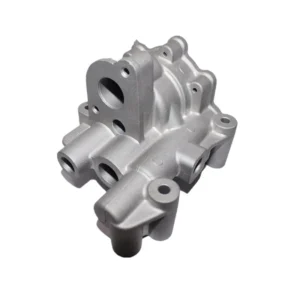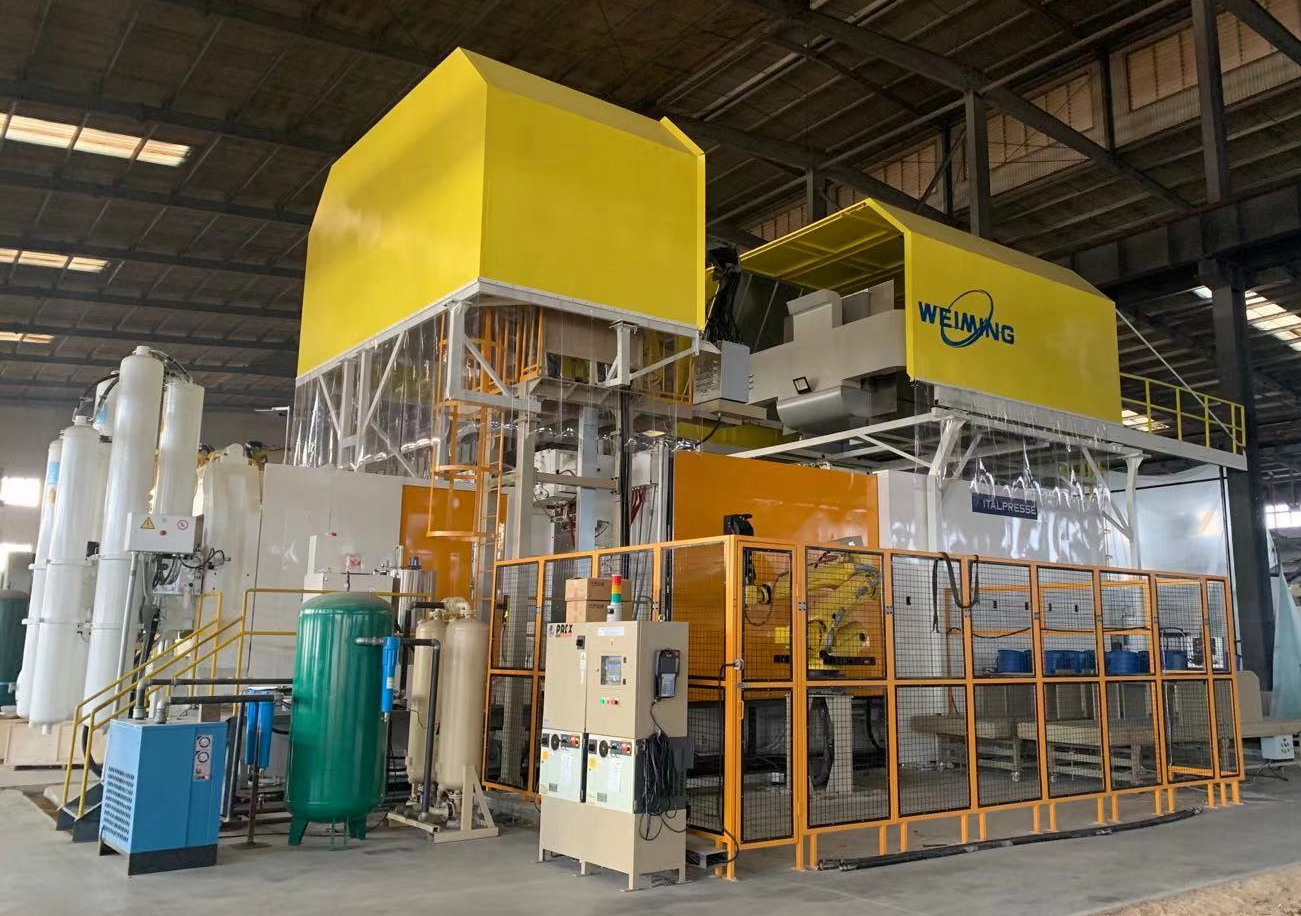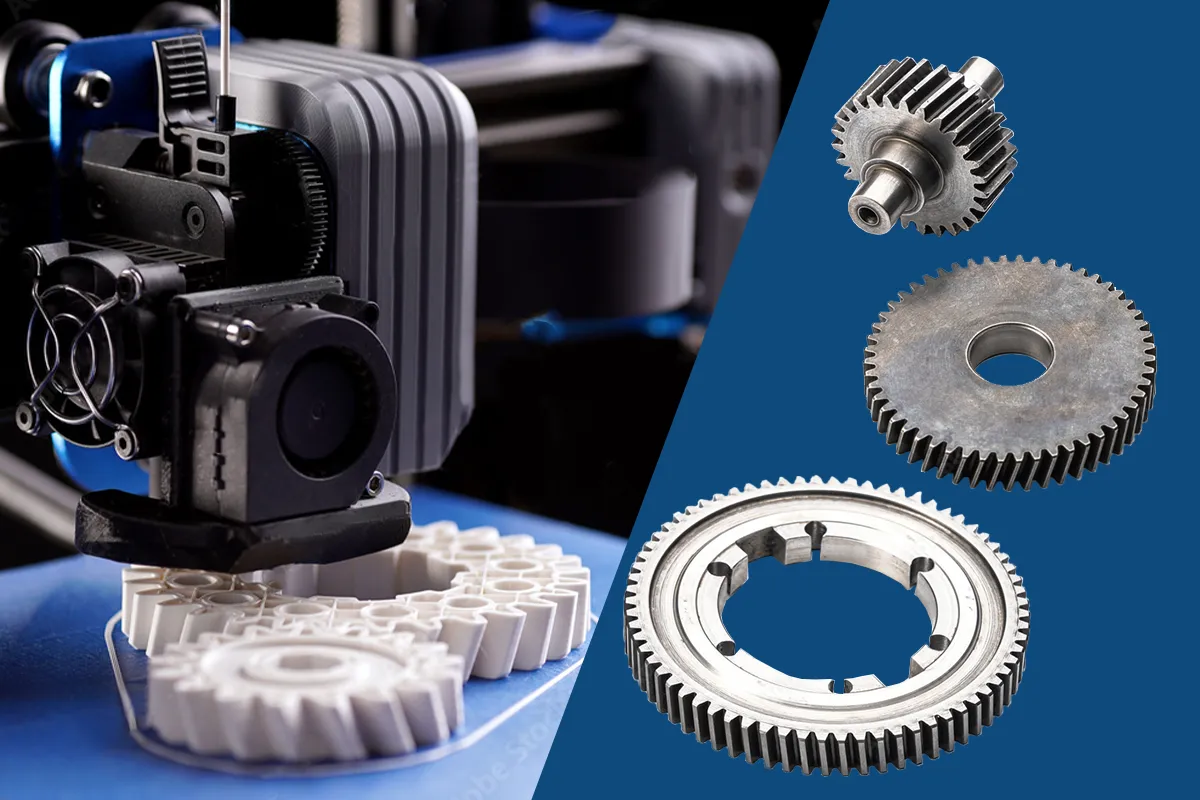Although cast aluminum is widely used due to its cost-effectiveness, there are some notable differences in mechanical properties when compared to wrought aluminum.
Low Melting Point: Cast aluminum is known to have a low melting point, which makes it more suitable for areas where moderate thermal management is required, unlike wrought aluminum, which requires higher temperatures.
Precision and Tensile Strength: Due to its low tensile strength, cast aluminum tends to be more precise in areas that do not require high strength. On the other hand, wrought aluminum needs to undergo a lot more drilling and grinding before getting a precise part.
Fatigue Resistance: Cast Aluminum’s fatigue resistance is much lower due to porosity and inclusions that affect its strength, leading to premature failure under loading conditions. However, wrought aluminum has a higher and better fatigue resistance due to its clean structure.
Corrosion Resistance: This mostly depends on the alloy composition of the cast aluminum. Alloys such as the A356 are known for good corrosion resistance, but the presence of impurities can still weigh down on the performance. For wrought aluminum, many of them have very good corrosion resistance, thanks to their refined microstructure.





